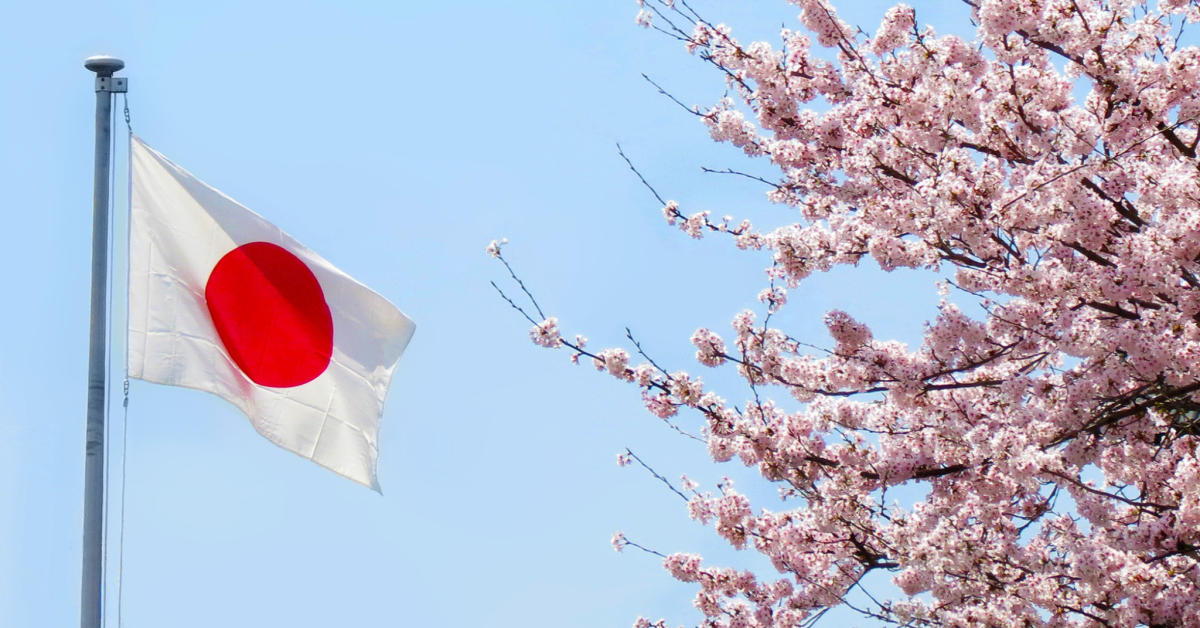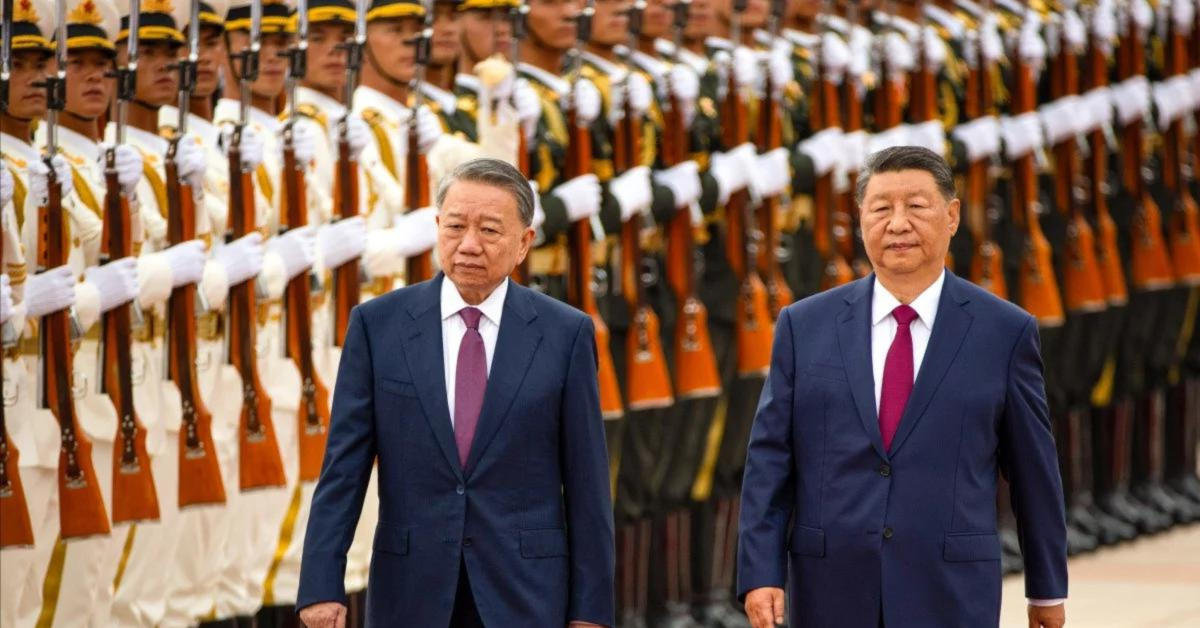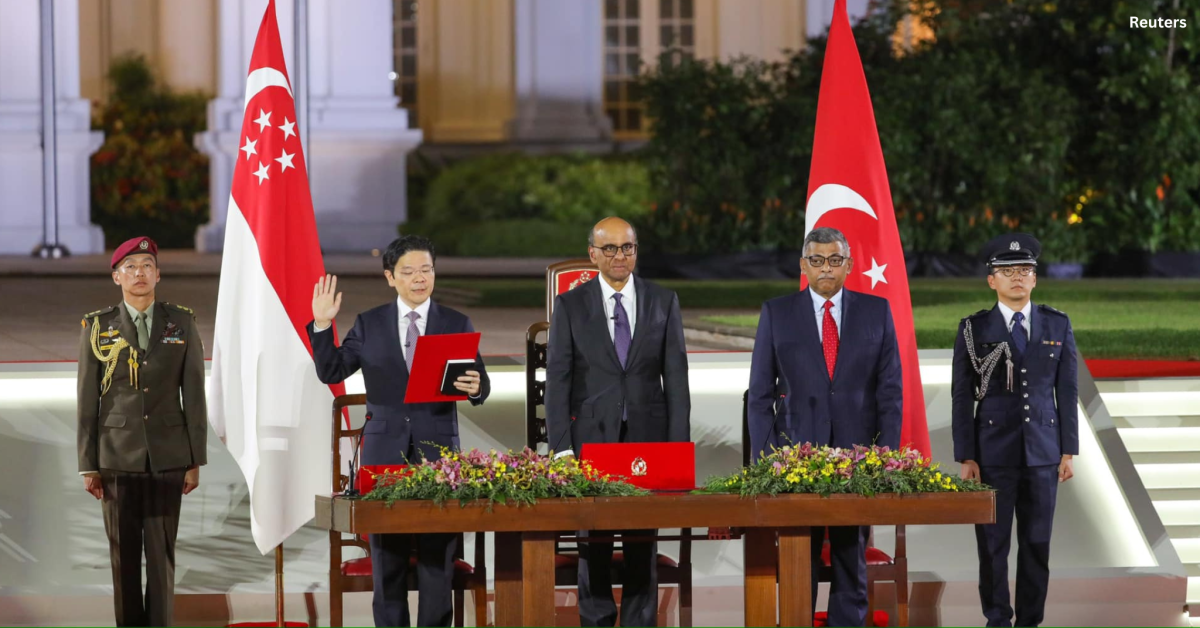2024 Election Results for the President of the Liberal Democratic Party
At a Glance
Shigeru Ishiba, 67, a former secretary-general of Japan’s Liberal Democratic Party (LDP), finally succeeded in his fifth attempt to win the party’s leadership. In a runoff election held on September 27, Ishiba secured 215 votes to become the new LDP president. In the first round of voting, Sanae Takaichi led with 181 votes, followed by Ishiba with 154 votes and Shinjiro Koizumi with 136 votes. Since no candidate won a majority in the first round, Ishiba and Takaichi advanced to a runoff, where Ishiba ultimately prevailed.
With the LDP’s backing, Ishiba is set to be officially named prime minister following a parliamentary vote on October 1 and he will form the new cabinet on the same day. Ishiba has decided to dissolve the House of Representatives on October 9, with the election date set for October 27.
Ishiba is expected to follow the overall economic policies of Prime Minister Kishida. Ishiba has shown a strong interest in regional revitalization, disaster prevention, and the strengthening of social infrastructure—and there is a possibility that investment opportunities will expand in the future. Ishiba is also expected to follow the current foreign and national security policies. That said, we cannot exclude the possibility of changes in his priorities or policy directions, which will become clearer after the upcoming General Election. Businesses should closely monitor as the latest developments unfold.
Election Results and Analysis

Source: NHK September 27, 2024 (https://www3.nhk.or.jp/news/html/20240927/k10014593201000.html)
Initial Vote
In the first round of voting in which the 368 LDP Diet Members and 368 rank-and-file members vote, Sanae Takaichi, a well-known right-wing figure, received 181 votes in her attempt to become Japan's first female prime minister. Meanwhile, 43-year-old Shinjiro Koizumi, who had garnered strong public support and would have been Japan's youngest post-war prime minister, was eliminated after receiving 136 votes. Since no candidate achieved a majority, a runoff election was held between Takaichi and Shigeru Ishiba.
Takaichi is viewed as the intellectual successor to former Prime Minister Shinzo Abe, especially on conservative economic and foreign policies, while Ishiba is an idealistic reformist and long-time critic of Abe’s policies and approach to governance.
 Runoff
Runoff
In the second round of voting, where the 368 LDP Diet members and the 47 representatives from each prefecture of Japan cast their ballots, Shigeru Ishiba secured 215 votes, beating Sanae Takaichi, who received 194 votes. This outcome highlights the unpredictability of the LDP’s election system. In a twist of fate, over a decade ago, Ishiba won more votes than Shinzo Abe in the first round but lost in the runoff. This time, the tables turned in Ishiba’s favor.
Why the Winner Won
Shigeru Ishiba, despite his past unpopularity within the LDP, likely attracted votes from Diet members who had supported other moderate candidates in the first round. Many of those who voted for Shinjiro Koizumi, who came in third and did not advance to the runoff, likely shifted their support to Ishiba in the second round, as Takaichi’s right-wing stance did not align with their preferences. In addition, Ishiba’s distance from both the Abe and Kishida administrations is seen as a potential advantage in restoring the LDP’s public image, which has been tarnished by scandals. Ishiba’s election is likely intended to revitalize the party, but it also means he will need to tackle key issues such as public frustration towards rising living costs and manage an increasingly unstable regional security environment.
Outlook for the General Election
Ishiba is expected to finalize party executive appointments by Monday, September 30. On Tuesday, October 1, Fumio Kishida and his Cabinet will resign, and Ishiba will be formally elected as prime minister, after which he will form a new Cabinet that same day.
With the Presidential Election concluded, attention is now focused on the timing of the dissolution of the House of Representatives. Ishiba has decided to dissolve the House of Representatives on October 9, with the General Election date set for October 27. According to Yomiuri Shimbun, Hiroshi Moriyama, who will become the new secretary-general of the LDP, persuaded Ishiba to take advantage of the excitement generated by the presidential election by holding the General Election as soon as possible, and Ishiba changed his policy to an early dissolution of the House of Representatives.
Who is Shigeru Ishiba?
Shigeru Ishiba, born in 1957 in Tottori Prefecture, has long been a prominent figure in Japanese politics. After earning a law degree from Keio University in 1979, he began his career at Mitsui Bank. His father, Jiro Ishiba, a former governor and senator, passed away in 1981. His late father’s close friend, former Prime Minister Kakuei Tanaka, encouraged 25-year-old Ishiba to carry on his father’s legacy and become a politician.
In 1986, he won a seat in the House of Representatives, becoming the youngest member at 29. Though he initially focused on agricultural policy, global events soon broadened his scope. The Gulf War in 1990 and a pivotal visit to North Korea in 1992 shifted his focus toward defense, where he would make his mark. By 2002, under Prime Minister Junichiro Koizumi, he was appointed director general of the Defense Agency, making his first entry into the Cabinet.
Ishiba’s ambitions extended to the leadership of the LDP, running for its presidency four times—in 2008, 2012, 2018, and 2020—but never securing the top spot.
Nicknamed a “gunji otaku” (military geek), Ishiba is known for his strong stance on defense. He advocates for Japan to adopt a more assertive military posture.
Beyond politics, Ishiba enjoys constructing model planes and ships in his spare time, a hobby that mirrors his deep interest in defense and strategy.
Policy Implications for Businesses
Based on Ishiba's previous comments and the content of his first press conference as LDP president, the following points are particularly noteworthy in terms of their implications for business.
Ishiba will follow the overall economic policies of Kishida
At today's press conference, Ishiba stated that he would follow and accelerate the “new form of capitalism” that Kishida had put forward. Specifically, Ishiba is aiming to achieve wage increases that outpace price increases, and to stimulate consumption to create a virtuous economic cycle. Regarding monetary policy, Ishiba supports the current stance of the Bank of Japan and the general direction will not change.
The difference between Ishiba and Kishida is that Ishiba is even more focused on “distribution to workers” than Kishida. Ishiba has set a specific target of raising the minimum wage to JPY 1,500 (USD 10) on average nationwide in the 2020s. Ishiba has expressed a willingness to increase taxes on corporations for some companies (details unknown) and strengthen taxation on financial income, but it is inevitable that there will be strong opposition from businesses, and it is unclear whether he will be able to achieve these policies.
Regional investment opportunities
Ishiba served as Minister of Regional Revitalization ten years ago, and he has consistently worked on regional revitalization as his life's work alongside national security. At a recent press conference, he also emphasized the need to “protect local areas” and “stop the decline in local populations.”
Companies should prepare for increased government focus on regional development, with potential incentives for businesses investing outside of Tokyo. On the other hand, he also stated at the press conference that “Tokyo also needs to develop,” so we expect that he will not adopt an extreme policy of focusing on the regions.
Investment opportunities related to disaster prevention and social infrastructure
Regarding the creation of a Ministry of Disaster Prevention, which Ishiba had been advocating during the Presidential Election, he expressed the opinion at the press conference that “the personnel and budget for disaster prevention at the current Cabinet Office are critically insufficient.” He said that he believes that “the expansion of personnel and budget increases from fiscal year 2025 can be done immediately” and that “it will lead to the creation of a Ministry of Disaster Prevention.” Although it is unclear whether a Ministry of Disaster Prevention will be established in the future, it is highly likely that Ishiba will expand budgets related to disaster prevention and social infrastructure in the future.
Foreign affairs and national security are worth paying attention to
Ishiba has been most vocal on the issue of national security and has mentioned the need to review the Japan-US Status of Forces Agreement (SOFA) and the idea of an Asian version of NATO—though some voices in the US express concern about his ideas. At Friday’s press conference, when asked about when he would like to start negotiations with the US, he refrained from giving a clear answer. Compared to Kishida, Ishiba is more positive about strengthening Japan's defense capabilities. Ishiba has also called for stronger measures to counter China's violations of Japanese airspace. On the other hand, as Ishiba is more of a realist compared to hawkish Takaichi, it is expected that he will continue to pursue current foreign and national security policies based on the Japan-US alliance, and it is unlikely that his policies will have a major impact on the business environment. However, if Ishiba wins the upcoming General Election and strengthens his own political base, there is the possibility that he will change his policies to pursue his ideals. Business needs to keep a close eye on Ishiba's foreign and national security policies.
Media Narrative
Global Powers Weigh in on Ishiba's Victory: Perspectives from the US, China, and Korea?
- Ishiba’s victory has rightfully drawn international attention. US Ambassador to Japan Rahm Emanuel expressed enthusiasm for strengthening US-Japan ties, although some US officials are concerned about Ishiba’s stance on revising the US-Japan Status of Forces Agreement. China urged for a rational approach in Japan’s China policy, while South Korea highlighted hopes for continued cooperation on improving bilateral relations, particularly following recent progress under the Kishida administration. (Yomiuri)
Yen rallies as Ishiba beats Takaichi in LDP race
- The yen rallied sharply after Ishiba won the LDP leadership race, reversing earlier losses as Takaichi’s candidacy had raised concerns about a weakening currency. Ishiba’s support for the Bank of Japan’s (BOJ) rate policies reassured traders, pushing the yen to JPY 143 against the dollar. Economists believe Ishiba’s win eased fears of further yen depreciation. While Takaichi had advocated for caution in raising rates, Ishiba has aligned with BOJ’s gradual approach to monetary policy tightening. (The Japan Times)
Japan’s ruling party elects Shigeru Ishiba as new prime minister
- Japan’s newly elected prime minister advocates for an “Asian NATO” to counter threats from China and North Korea. As the new LDP leader, Ishiba emphasizes the need for Japan to play a greater role in its security alliance with the US and deepen regional defense collaboration. His proposal has sparked skepticism in Washington, but Ishiba's focus on security and diplomacy marks a shift from Kishida’s approach to China and US relations. (The Washington Post)
Incoming PM Ishiba sets Oct. 27 as date for snap election
- Ishiba announced a snap election for October 27 before officially becoming prime minister. This unusual move seeks public approval for his leadership while taking advantage of opposition disorganization, as the CDP, led by Yoshihiko Noda, faces challenges in uniting. Ishiba aims to secure a mandate before the U.S. presidential election and ensure political stability without needing another poll until 2025. The media highlights this as a strategic bid for early legitimacy and control over Japan’s political landscape. (The Japan Times)
Materials presented by EGA Japan. For additional information, reach out to Yuichi.Kori@edelmanEGA.com or Richard.Andrew@edelmanEGA.com
For more on global elections in 2024, the EGA Election HQ is your guide to the moments that matter, what comes next, and what all of this means for industries and sectors. Sign up here to receive global election updates from the EGA Election HQ team. For counsel or to get in touch, reach out at: Elections@edelmanEGA.com.



